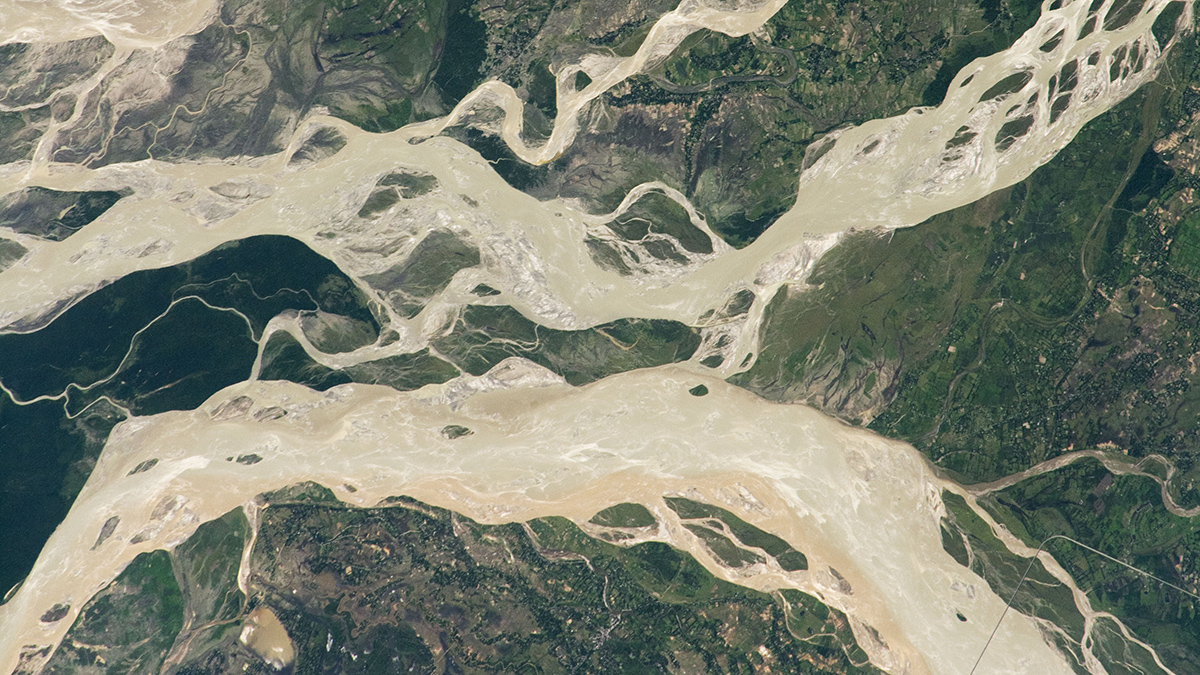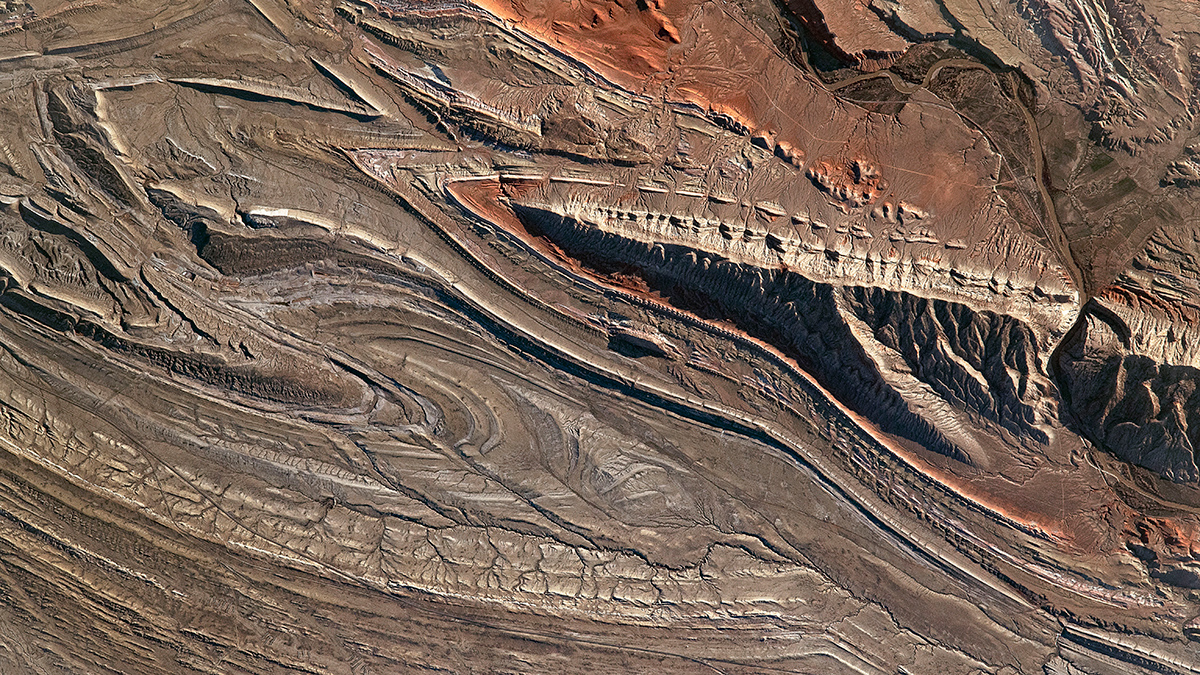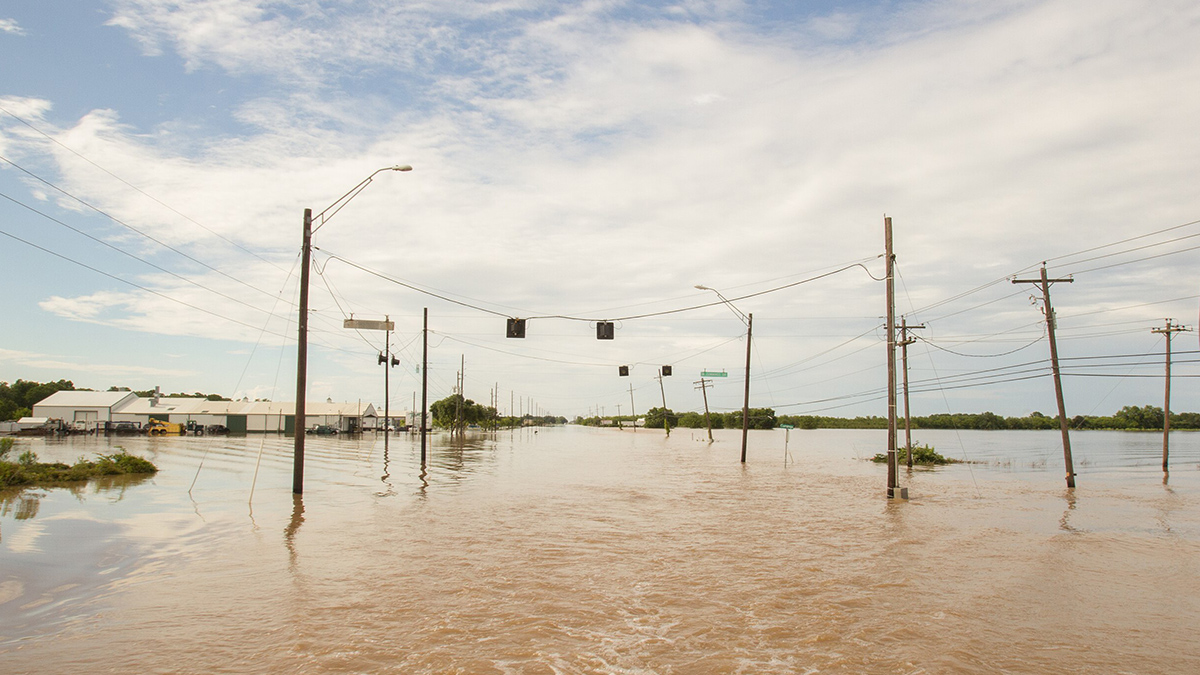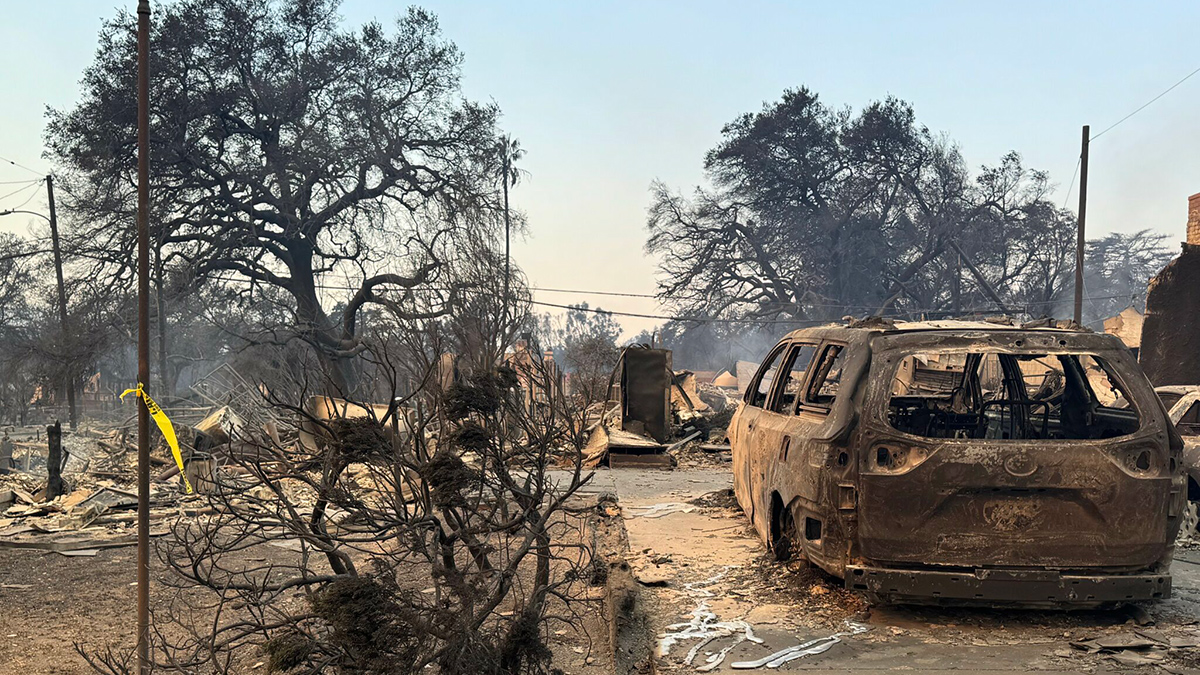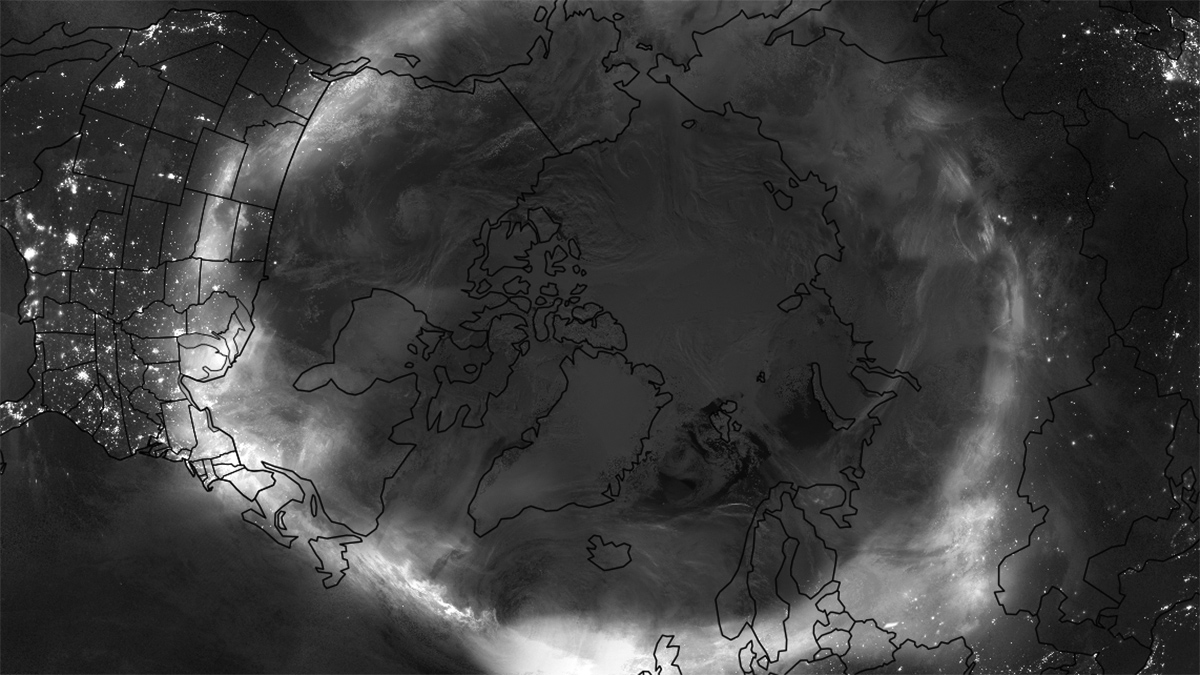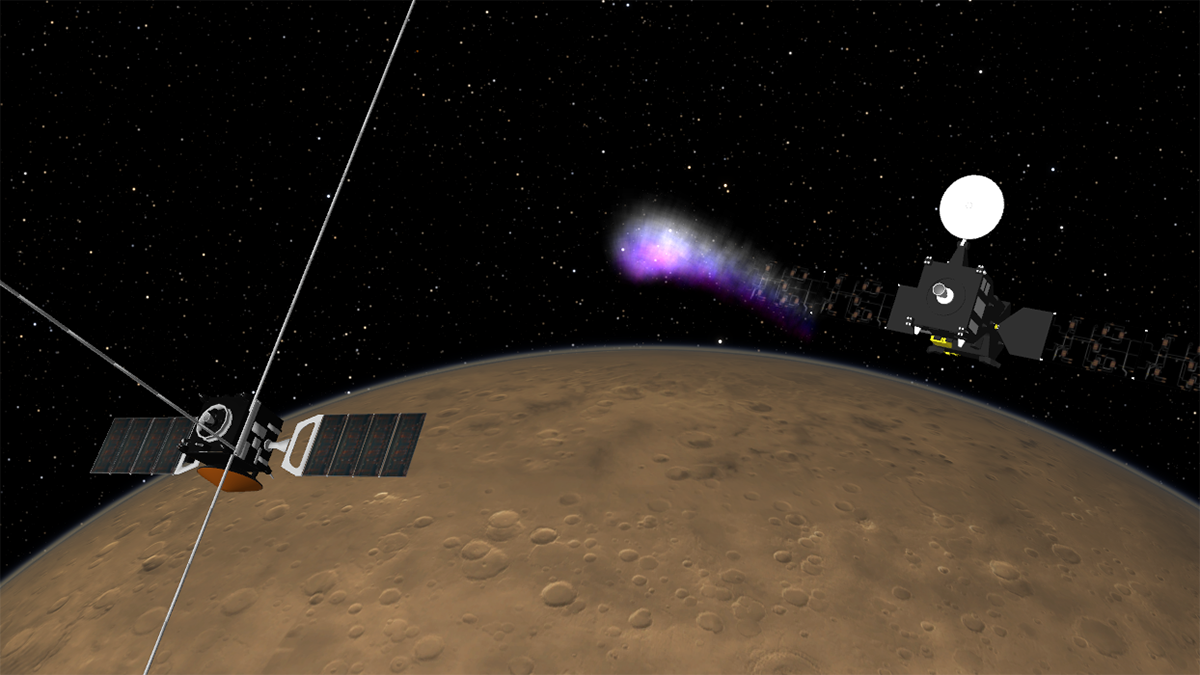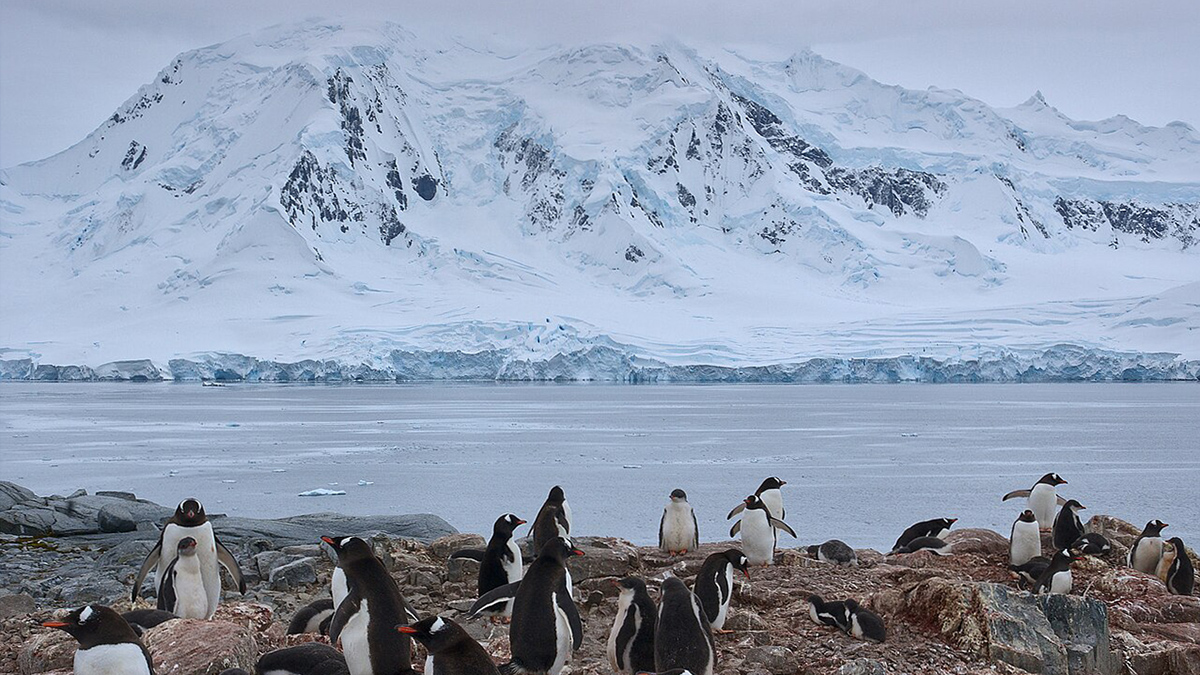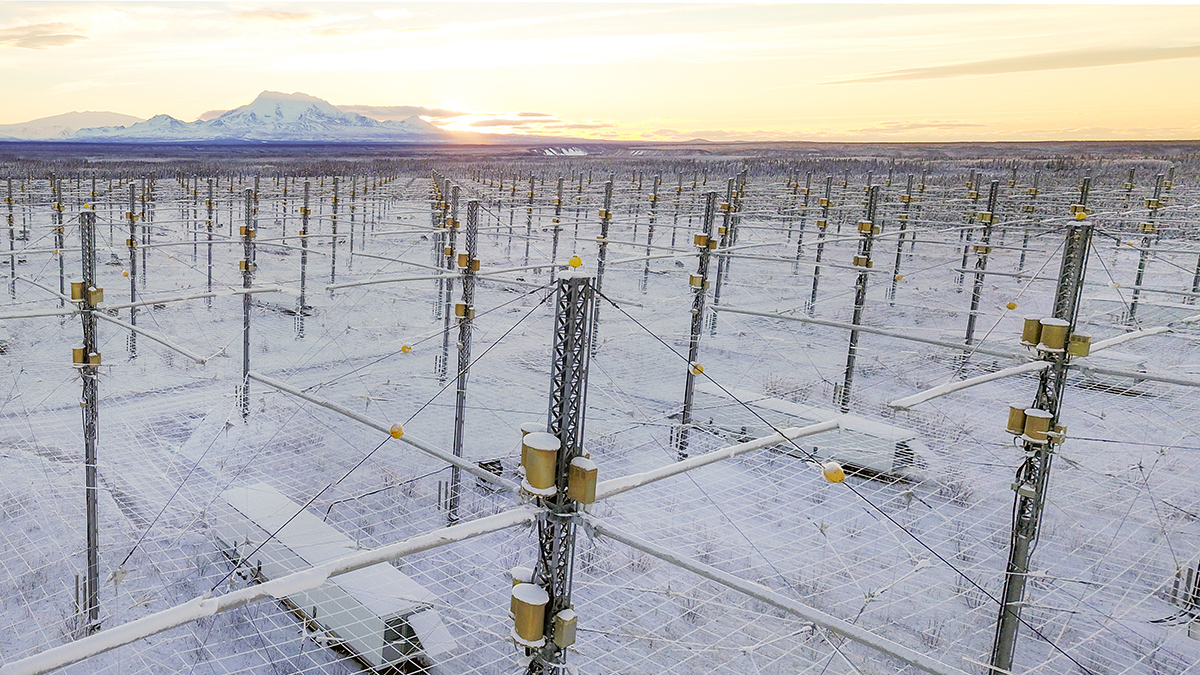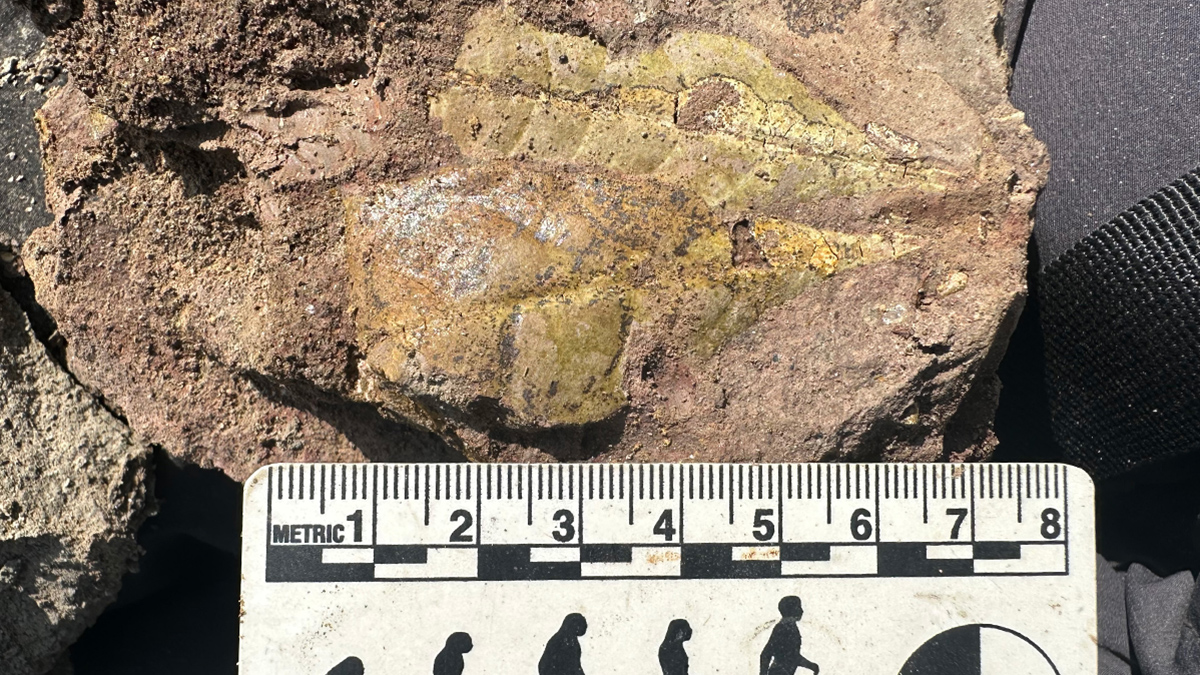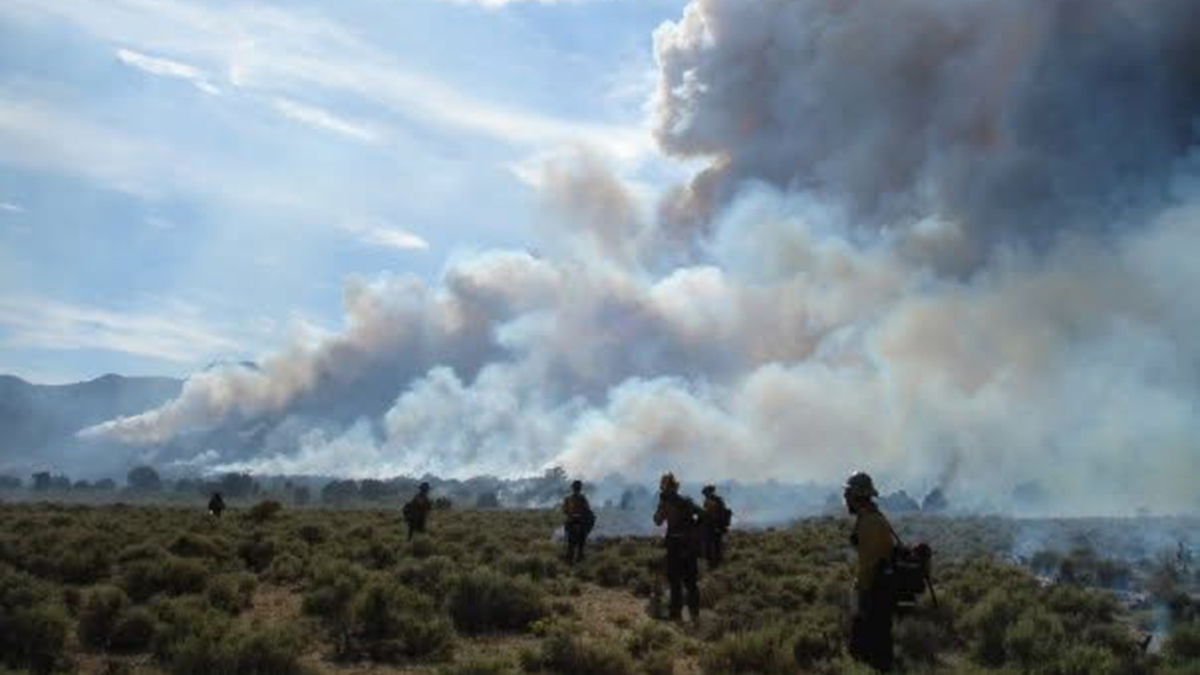The channel threads in braided river systems may be more predictable than previously thought.
Research Spotlights
Research spotlights are plain-language summaries of recent articles published in AGU’s suite of 24 journals.
Un antiguo evento de calentamiento podría haber durado más de lo que pensábamos
Una nueva investigación sobre el Máximo Térmico del Paleoceno-Eoceno usó análisis probabilístico para entender mejor su duración y sobre cuánto tiempo podría afectar el calentamiento moderno al ciclo del carbono.
Científicos revelan los peligros ocultos del calor y las inundaciones en Texas
Una parte más amplia del “Estado de la Estrella Solitaria” podría verse afectada por más olas de calor e inundaciones de lo que sugieren registros previos.
What’s Changed—and What Hasn’t—Since the EPA’s Endangerment Finding
A scientist-authored brief played a role in the 2009 determination that greenhouse gases endanger public health. With the finding now up for reconsideration, the same scientists revisit their opinion.
U.K. Space Weather Prediction System Goes Operational
Officials now have access to a suite of models they can use to head off damage to critical infrastructure.
Orbiter Pair Expands View of Martian Ionosphere
Radio signals sent between two Mars orbiters—rather than between an orbiter and an Earth-based receiver—capture new insights into atmospheric dynamics.
Where Do Antarctic Submarine Canyons Get Their Marine Life?
A new study investigates how much of the phytoplankton in the Palmer Deep submarine canyon is homemade and how much is delivered.
Nudging Earth’s Ionosphere Helps Us Learn More About It
New observations and simulations capture the physics at play across each of the three main ionospheric regions.
Early Apes Evolved in Tropical Forests Disturbed by Fires and Volcanoes
Fossils discovered at an early Miocene site in Kenya include a new type of early ape and offer clues about the environment inhabited by human ancestors.
The Goldilocks Conditions for Wildfires
Twenty years of data from around the world show that areas that are not too dry and not too wet are most conducive to wildfire burning.

